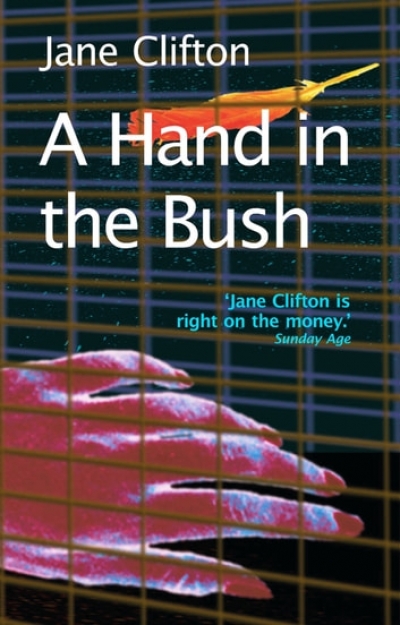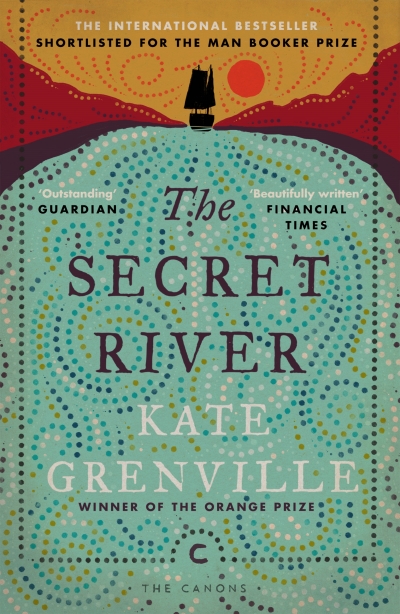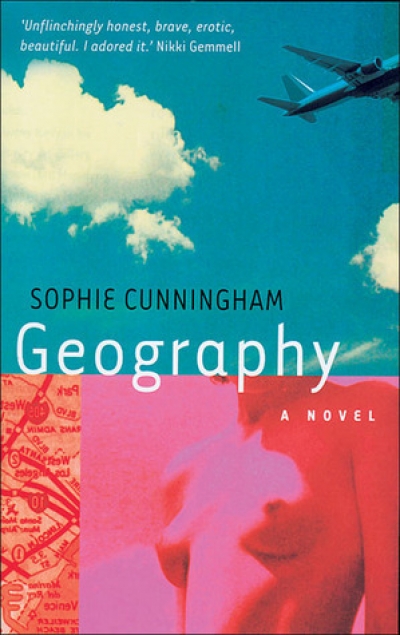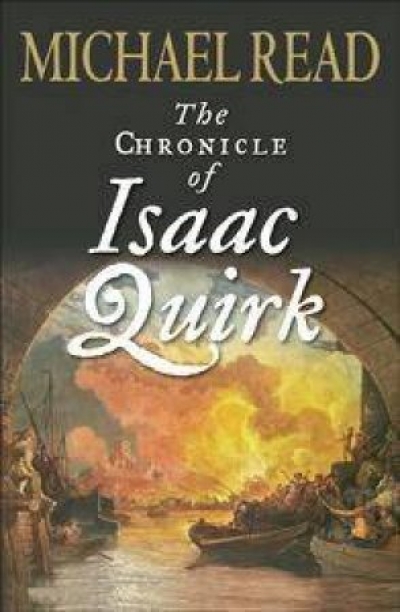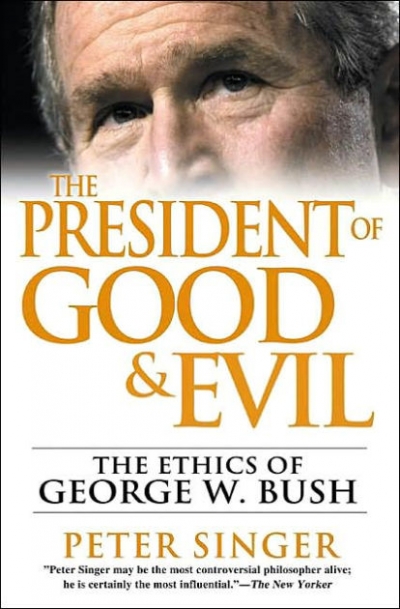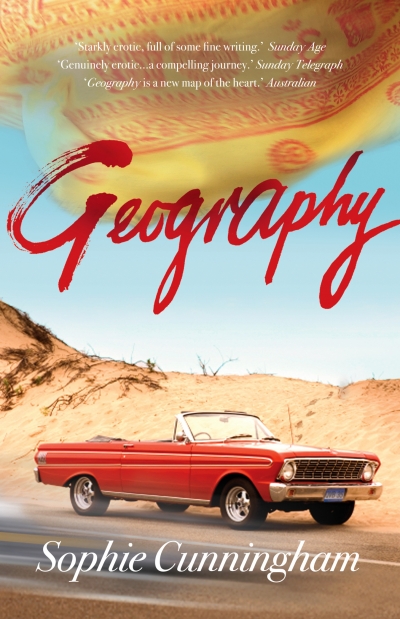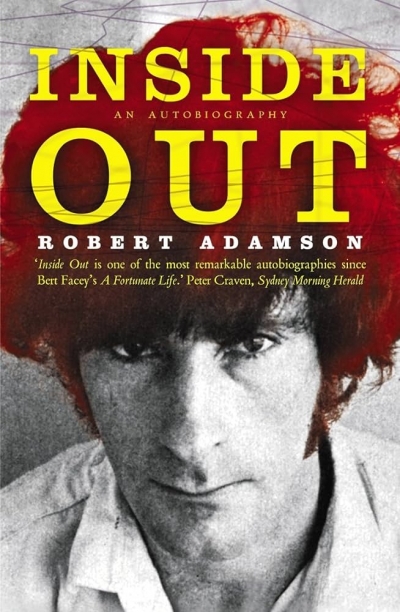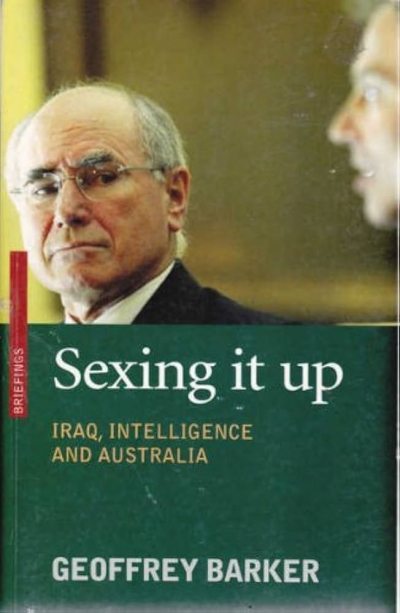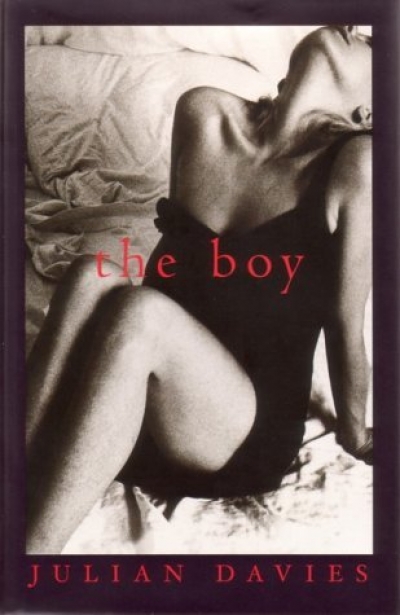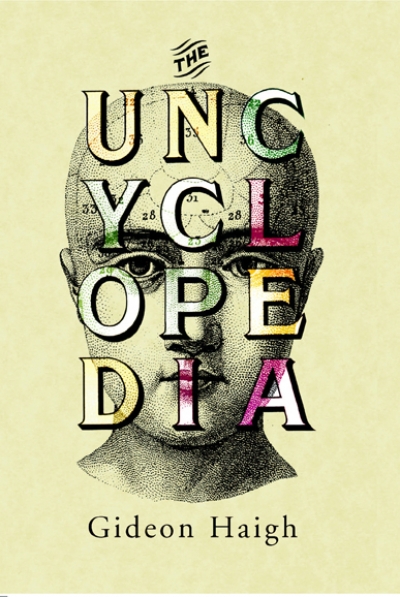Text Publishing
A Hand in the Bush by Jane Clifton & Death by Water by Kerry Greenwood
by Jake Wilson •
The President of Good & Evil: The ethics of George W. Bush by Peter Singer
by Raimond Gaita •
Sexing It Up by Geoffrey Barker & Why the War was Wrong edited by Raimond Gaita
by Nathan Hollier •
The Uncyclopedia by Gideon Haigh & Names From Here and Far by William T. S. Noble
by Fred Ludowyk •

